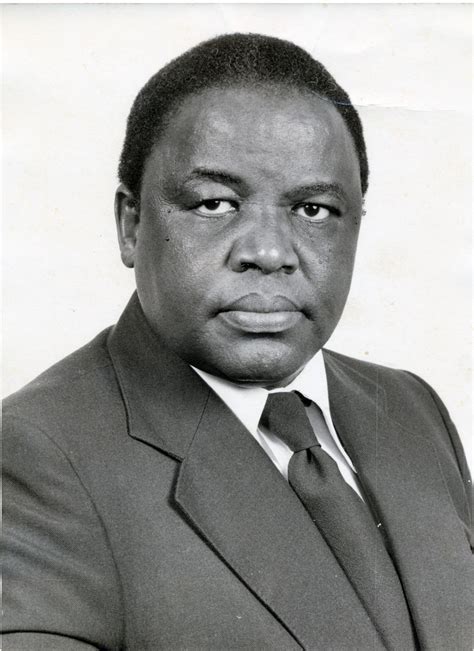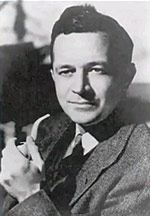A Quote by Justinian I
Justice is the firm and continuous desire to render to everyone that which is his due.
Related Quotes
God in his infinite mercy has devised a way by which justice can be satisfied, and yet mercy can be triumphant. Jesus Christ, the only begotten of the Father, took upon himself the form of man, and offered unto Divine Justice that which was accepted as an equivalent for the punishment due to all his people.
To an American, that which deprives him of his freedom he regards as injustice, and that which allows him to enjoy that freedom he regards as justice. The concept of justice is as central to the totality of his being as freedom is, and this is not surprising, since the motivating idea behind the American Declaration of Independence was the fervent desire for justice.
It is due to justice; due to humanity; due to truth; due to the sympathies of our nature; in fine, to our character as a people, both abroad and at home, that they should be considered, as much as possible, in the light of human beings, and not as mere property. As such, they are acted on by our laws, and have an interest in our laws. They may be considered as making a part, though a degraded part, of the families to which they belong.
May it be my privilege to have the happiness of establishing the commonwealth on a firm and secure basis and thus enjoy the reward which I desire, but only if I may be called the author of the best possible government; and bear with me the hope when I die that the foundations which I have laid for its future government, will stand firm and stable.
Family life is too intimate to be preserved by the spirit of justice. It can only be sustained by a spirit of love which goes beyond justice. Justice requires that we carefully weigh rights and privileges and assure that each member of a community receives his due share. Love does not weigh rights and privileges too carefully because it prompts each to bear the burden of the other.





































